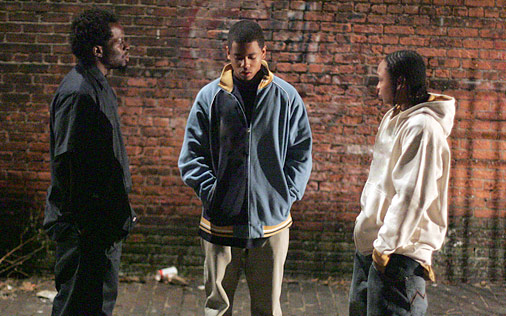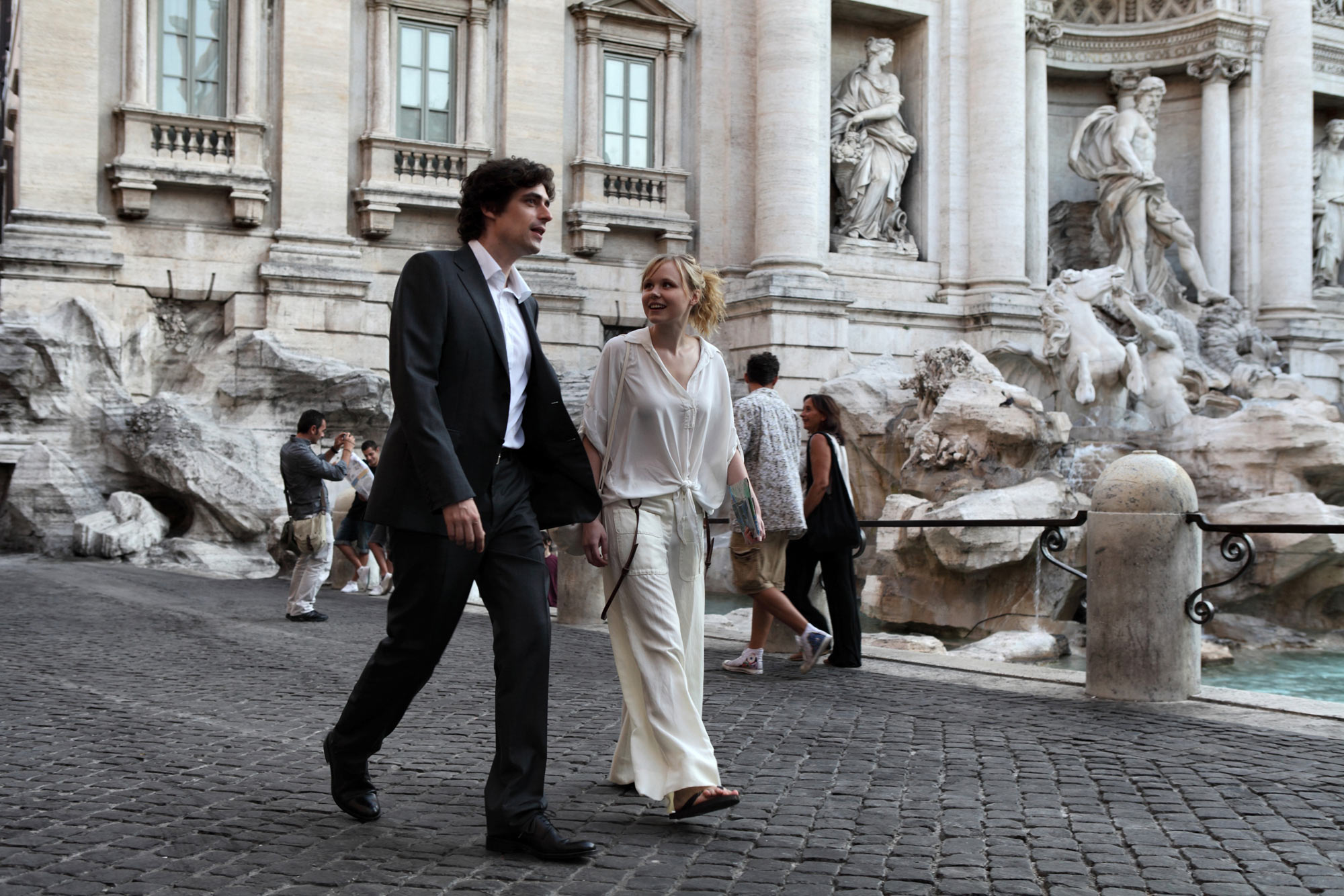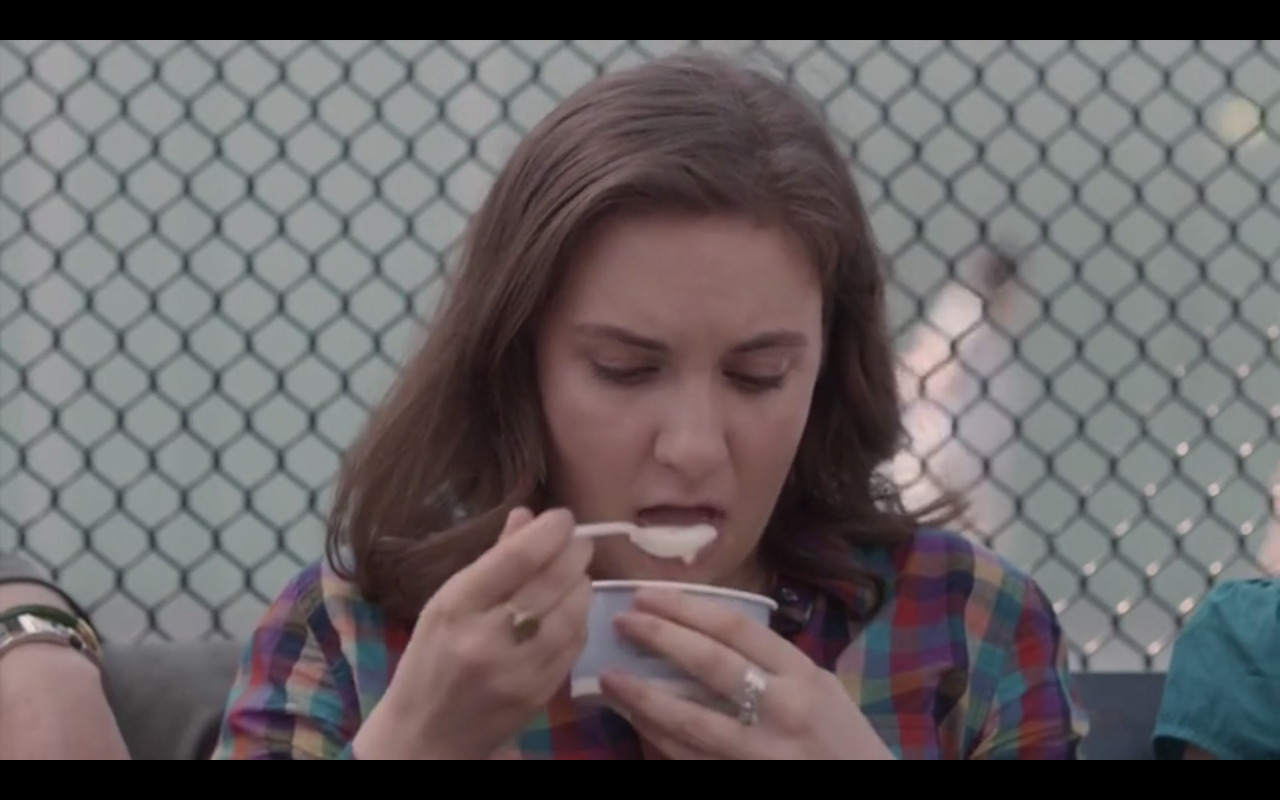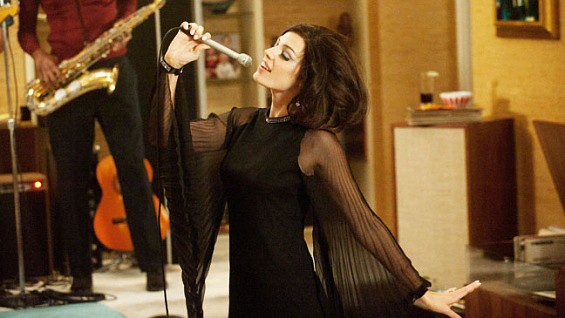Director: David Cronenberg
It's not everyday you leave a movie theater confused on whether or not the movie you just watched was a brilliant masterpiece or psuedo-intellectual soulless crap. But this is close to what happened when I finished watching Cosmopolis. It's a movie that is mostly just all conversations, and some very odd, nonsensical ones at that. For example, there is one in which two characters talk about rats becoming the new world currency. My dilemma became "is there legitimate meaning behind all this dialogue or is it all just a fake attempt to try to say something meaningful without actually showing it?" After putting some thought into it, and admittedly giving Cronenberg the benefit of the doubt, I lean towards actual intellectual rather than psuedo-intellectual. But even if you don't quite understand the concepts and conclusions of the economic and existential conversations, you understand the film because of Cronenberg's direction.
The movie can definitely be defined as soulless, but I'm not sure that's a knock against the film because it suits the subject matter quite well. The film is an examination of a soulless man, a man who has become so cold and distant due to his very sudden rise and fall in wealth and class, which has isolated him from the rest of the world, something that Cronenberg captures extremely well with the many claustrophobic scenes in his limo. He is now experiencing a new feeling of loss, which seems to catapult into an existential yearning for his past, something familiar. The whole movie is him trying to get across the city to go to the barbershop where his family used to get haircuts. Robert Pattinson was made to play the main role. All the negative criticism his acting received for the Twilight movies is a positive in this film. His distant, expressionless performance matches perfectly with Cronenberg's almost-robotic direction. I'm still not completely sure of what it all means, especially the last scene which appears to turn the film on its head a little too much, but I think Cronenberg got across exactly what he wanted to get across. The feeling of non-feeling.
Grade: B+














